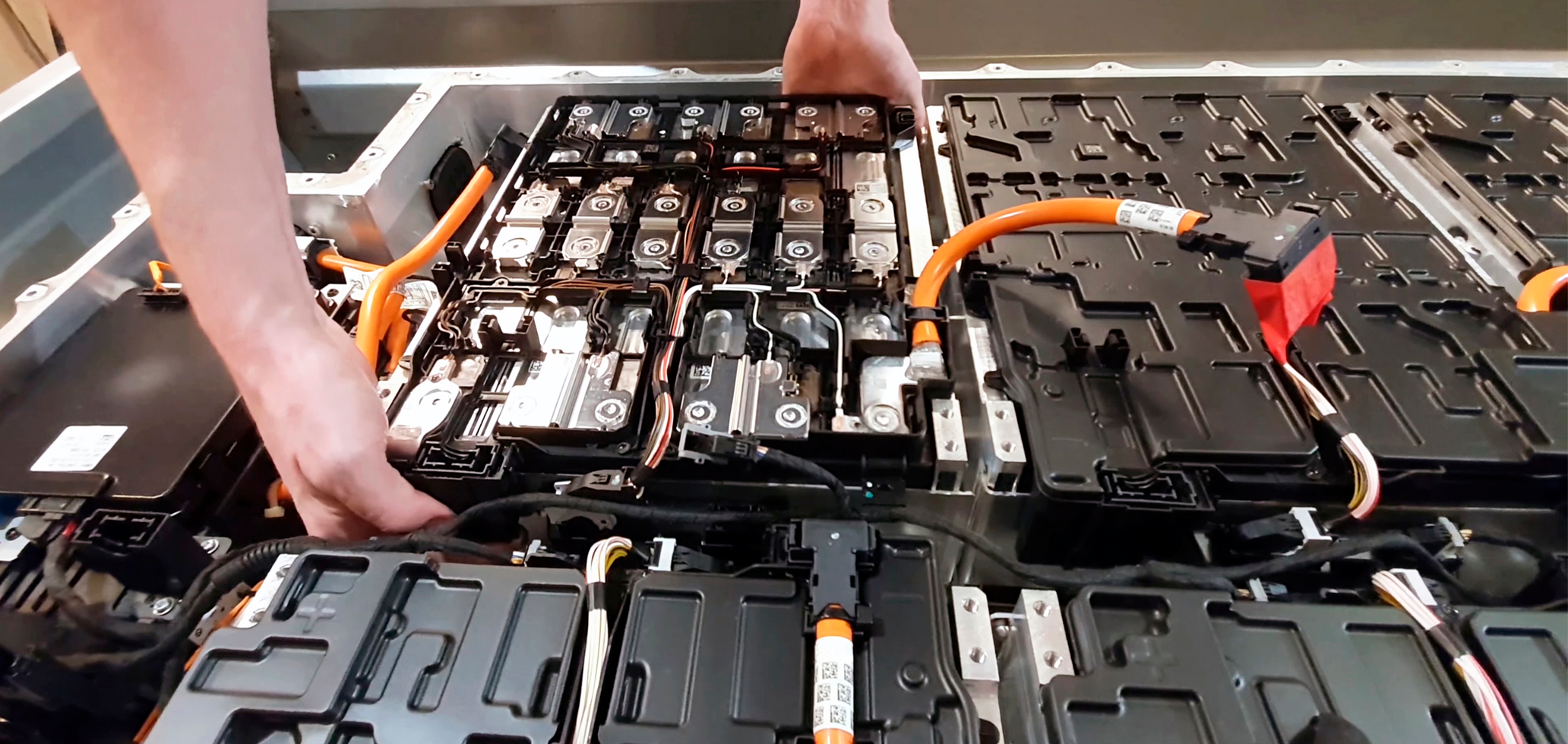Talk to anyone about an electric vehicle (EV) and they will invariably ask questions about the battery. How far will the car travel on one battery charge? How long before an EV battery needs replacing? What can I expect my electric car battery life to be?
It seems many buyers are concerned that their electric car battery life will be short and costly in the long run. We will answer many of your questions. If you’re looking to purchase a new car, learn more about the benefits of electric vehicles. Once you understand the basics of EV batteries you can learn how to get the best out of an electric vehicle battery.
About Electric Vehicles
There are some real benefits of an electric vehicle over a petrol-powered car.
These include the fact that an electric vehicle’s mechanical parts tend to be far less complex than those of a standard-powered vehicle. This means it doesn’t have many of the parts that may break and need repair or replacing.
As mentioned above, the one question in the minds of most buyers is, What about the electric car battery?
EV battery basics
The battery within an EV is not the same as the one in a standard petrol-powered vehicle. Internal combustion engine (ICE) vehicles have lead-acid batteries. Electric vehicles use lithium-ion battery packs meaning they are similar to the batteries used in your cell phone or laptop. This means they are stable, last longer, and are able to be repeatedly recharged.
Benefits of an electric car battery
The lithium-ion battery in your EV has a number of benefits including:
- It will provide a greater energy density compared to rechargeable nickel-metal hydride batteries. This means it provides all the power needed to move your EV from a standstill and bring it up to full speed.
- It will hold its charge longer than other batteries, even when it is not being used. This means your electric car battery life cannot be compared to what you’d expect from a typical car battery. Your lithium-ion EV car battery is more stable and reliable.
- It is usually made up of many individual connected cells rather than one massive unit. This leads to greater reliability.
How far will my electric car battery take me
This is at the heart of many of the questions about EVs, “What can I expect my electric car battery life to be when I’m out driving?” In other words, “How far can I travel in my EV?”
Of course, the answer to this depends on the type of EV you purchase and what size battery it has.
When talking about an electric car battery, you will often hear the term “kilowatt-hour” (or kWh). In basic terms, the higher a battery’s kilowatt-hour rating, the better. Buying an electric car with a higher kilowatt-hour rating is like buying a car with a bigger petrol tank. The higher the kilowatt-hour capacity, the greater the milage you can expect from your vehicle.
There is one important thing to remember about your electric car battery life, however. The kilowatt-hour rating of an EV battery gives an indication of the distance the car will go on one charge, however, the computer system within your electric car stops the battery from fully charging and from fully discharging. This is because fully charging or discharging an EV battery will shorten its lifespan.
The best way to determine how far your EV will travel on one battery charge is to read the manufacturer’s owner’s manual.
How long will my electric car battery last?
If you buy a new EV, it will have a battery warranty. This will guarantee the battery for a certain length of time. Usually, this is between five and eight years depending on the car. Other warranties may mention a distance such as, up to 100,000km. Just remember, this is the length of the warranty – your electric car battery life should be much longer than this.
The great thing about electric car battery life is that it should never suddenly give out leaving you stranded. As an EV battery ages, its capacity gradually decreases in much the same way as a mobile phone does. When this happens, the battery will produce the same amount of power, so your car should perform as it always has, however, it won’t travel as far on a single charge.
One important thing to note about the life of an electric car battery is that lithium-ion batteries do not like heat. Cars being used in hotter climates will usually experience a faster battery depletion – which is why most electric vehicles are equipped with a liquid-cooled battery pack.
Interestingly, New Zealand has the ideal climate for electric cars. The cool climate is great for maintaining electric car battery life.
Learn about the benefits of a hybrid or electric vehicle.
Find out more about EV and hybrid vehicle servicing.

Kelvin Armstrong Auto Repairs (KAAR) is recognised as the most competent, capable, and reliable automotive repairer west of the Auckland City isthmus.
With fully equipped, state of art facilities in both Avondale and Henderson, KAAR gives a choice of two handy locations for full automotive, mechanical, electrical repairs and servicing for all vehicles, including European makes and models like Audi, VW and BMW.
We cater for all makes and models of cars, vans, 4x4s and light trucks. We service petrol, diesel and hybrid motors.

